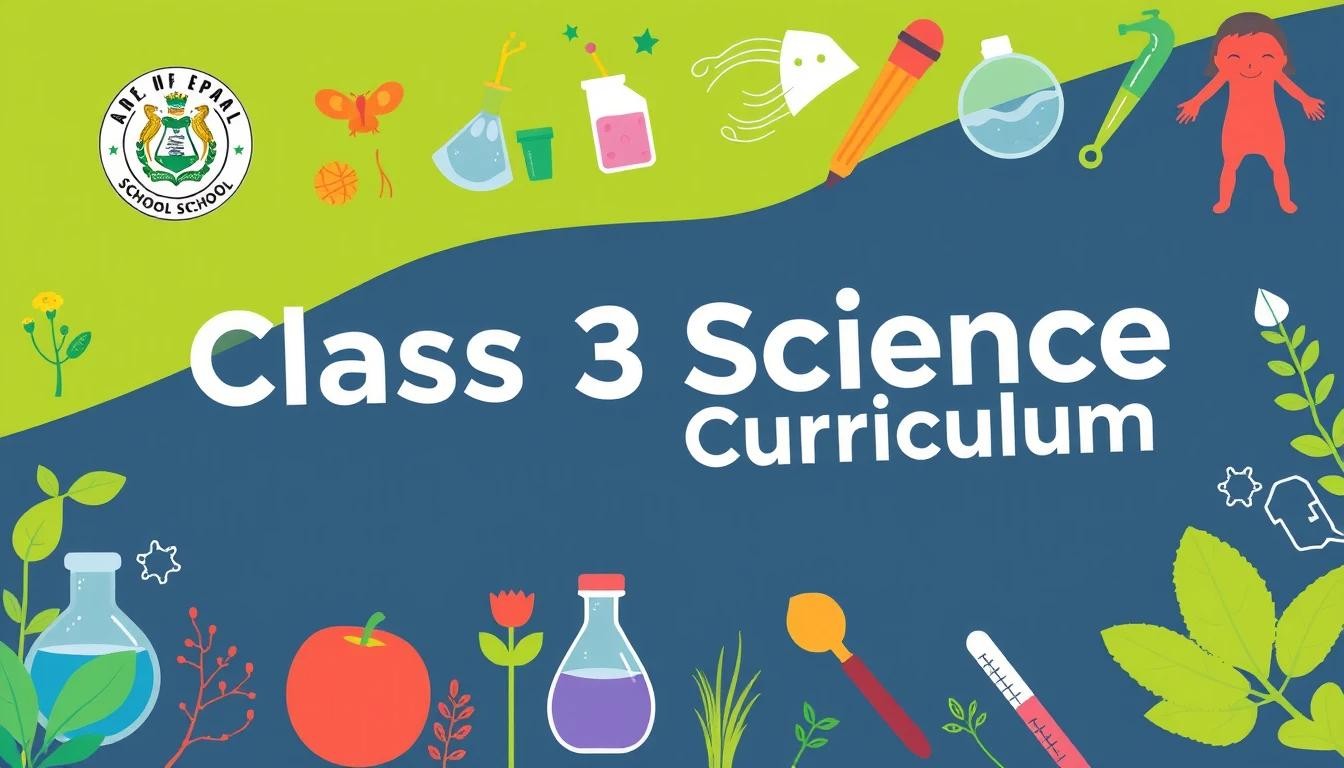Class 3 Science Curriculum
At Kalvi International Public School, we are committed to providing a comprehensive and engaging science education for our students. We follow the Altura Macmillan Education syllabus for Class 3 Science, which is meticulously designed in accordance with the latest National Curriculum Framework for School Education (Preparatory Stage). This curriculum is crafted to be easily understandable, enabling students to build a solid foundation in scientific concepts.
Our syllabus fosters curiosity, critical thinking, and practical knowledge, ensuring that students are well-prepared for their academic journey in the year 2024-25.
Books We Use
- Altura Course Book
- Altura Workbook
Syllabus Overview
| Unit | Chapter |
|---|---|
| Unit I: The Human Body | 1. My Body 2. The Food We Eat 3. Living and Non-Living Things |
| Unit II: The World of Plants and Animals | 4. Parts of a Plant 5. Eating Habits of Animals 6. Birds - Our Feathered Friends |
| Unit III: Material and Moving Things | 7. The World of Insects 8. Solid, Liquid, Gas 9. Force and Motion |
| Unit IV: Natural Resources | 10. Air 11. Water |
| Unit V: Environment | 12. Our Environment |
Frequently Asked Questions
The primary textbook for Science in Class 3 is the Altura Macmillan Education Course Book.
The syllabus covers essential topics such as the human body, plants, animals, materials, forces, energy, and environmental changes.
Yes, we provide supplementary workbooks and activity books designed to reinforce students' understanding of the topics covered in the main textbook.
Students should focus on grasping the concepts in each chapter, complete exercises in the textbook, and practice with additional worksheets or previous exam papers.
Yes, the syllabus incorporates practical activities and experiments that allow students to apply scientific concepts in real-life scenarios.


Add New Comment